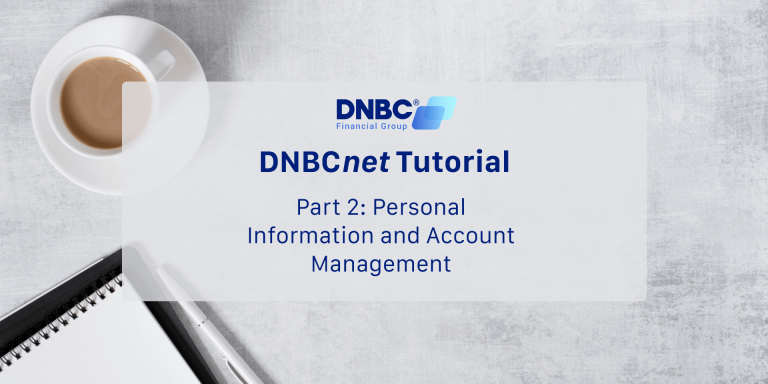Foreign exchange plays a pivotal role in making international money transfers. Governments and central banks have established foreign exchange policies. This enhances economic stability by regulating both the inflow and outflow currency.
Therefore, it is essential to understand the influence of these policies on international transactions. This can help you to understand how to impact their transfer. You can also make informed decisions about overseas money transfers.
We’ll delve into foreign exchange and explore their impact on international money transfer.
The impacts of foreign exchange on international money transfers
After World War II, many Western European countries implemented foreign exchange controls. Countries with developing economies use controls to limit currency speculation.
There are many impacts of foreign exchange on international money transfers.
Here are examples of foreign exchange policies affecting money transfers.
In 2008, Iceland experienced a financial crisis. This resulted in a significant depreciation of the Icelandic króna. This made it more expensive for Icelanders to send money abroad.
In 2015, Greece encountered a financial crisis, leading to the imposition of capital controls that hindered Greek citizens from sending money overseas.
Venezuela experienced a profound economic crisis starting in 2013. Its worst period of hyperinflation occurred in 2017. This rendered sending money abroad in Venezuelan bolivars worthless.
According to the World Bank, international remittance transactions are expected to reach a record high of $656 billion by the end of 2023. This surge reflects the increasing volume of international money transfers.
Given the significant demand for international money transfers, it’s inevitable to be impacted by foreign exchange policies.
Here are some of the specific impacts of foreign exchange rates on international money transfers:
Cost of money transfers
If the exchange rate for the recipient’s currency is weak, money transfer companies may charge a higher fee. This fee is typically imposed to cover the cost of converting the currency.
Value of money transfers
The amount of money the recipient receives can vary depending on the exchange rate. The exchange rate can change between the sender’s currency and the recipient’s currency. If it weakens, the recipient will get less money. This remains true even if the sender sent the same amount.
The amount of money the recipient receives can vary depending on the exchange rate.
Compliance requirements
Foreign exchange policies can also impose compliance obligations on money transfer providers. These obligations may include KYC, AML checks and reporting requirements for suspicious transactions.
These requirements can increase the cost and duration of international money transfers.
Timing of money transfers
Foreign exchange rates can affect the timing of money transfers. The recipient’s currency may have a volatile exchange rate.
Foreign exchange rates can affect the timing of money transfers.
The money transfer company may want a better exchange rate. So, it may take longer to process the transfer.
Speed and convenience
Foreign exchange impacts the speed and convenience of international money transfers. Some providers may offer faster and easier ways to send money overseas. They may use online platforms, mobile apps, e-wallets, etc.
These methods may use advanced technology and encryption. They may ensure security and efficiency of the transactions. Yet, some countries may have regulations and restrictions on foreign exchange transactions. These may affect the speed and convenience of the transfers.
Managing risks in foreign exchange rate fluctuations on international money transfers
Foreign exchange rate fluctuations can pose risks to money transfers. Here are some popular methods to manage these risks:
Comparing exchange rates from different money transfer providers
Different money transfer providers offer different exchange rates. Comparing rates before sending money abroad is advisable. This can help you find the suitable deal.
Comparing rates before sending money abroad is advisable.
This can also reduce the impact of currency fluctuations.
Using a forward contract
A forward contract is an agreement to buy or sell a currency at a predetermined exchange rate and date.
Forward contracts are a way to lock in an exchange rate for future money transfers. This can protect you from foreign exchange rate fluctuations.
Using a spot contract
A spot contract is an agreement to buy or sell a currency at the current exchange rate. Spot contracts are for immediate money transfers. They can also hedge against foreign exchange rate fluctuations.
Hedging using currency options
They give you the right, but not the obligation, to buy or sell a currency.
You can choose a predetermined exchange rate and date. Currency options can help you hedge against foreign exchange rate fluctuations.
Monitoring exchange rates on a regular basis
It is important to track exchange rates on a regular basis to stay informed of any changes.
This can help you to make informed decisions about when to make money transfers and how much money to send.
It is important to track exchange rates on a regular basis to stay informed of any changes.
Sending money during off-peak hours
During off-peak hours, such as late at night or early in the morning, exchange rates are often better. This is because there is less demand for currencies during these times.
Using a money transfer provider that offers a money-back guarantee
This can offer reassurance in case the exchange rate shifts unfavorably. These tips can help you manage foreign exchange rate risks during money transfers. They can also assist you in maximizing the value of your money.
DNBC and international money transfers
DNBC is an outstanding option for making international money transfer online. We’re known for a transparent approach and fixed fees. We focus on transparency, ensuring customers know the costs upfront.
DNBC Solution commits to cost-effective solutions. Also, we simplify global money transfers with clear fee structures. This commitment sets DNBC apart as a trusted partner in international transactions.
For advice on global money transfers, contact DNBC for more information.
DNBC Financial Group is your trusted provider in international money transfer
- Get 100% free 1-on-1 support
- 100% free account opening
- Seamless onboarding process
Or please contact DNBC
Email: [email protected]
Phone Number:
- +65 6572 8885 (Office)
- +1 604 227 7007 (Hotline Canada)
- +65 8442 3474 (WhatsApp)



 DNBC Team
DNBC Team











